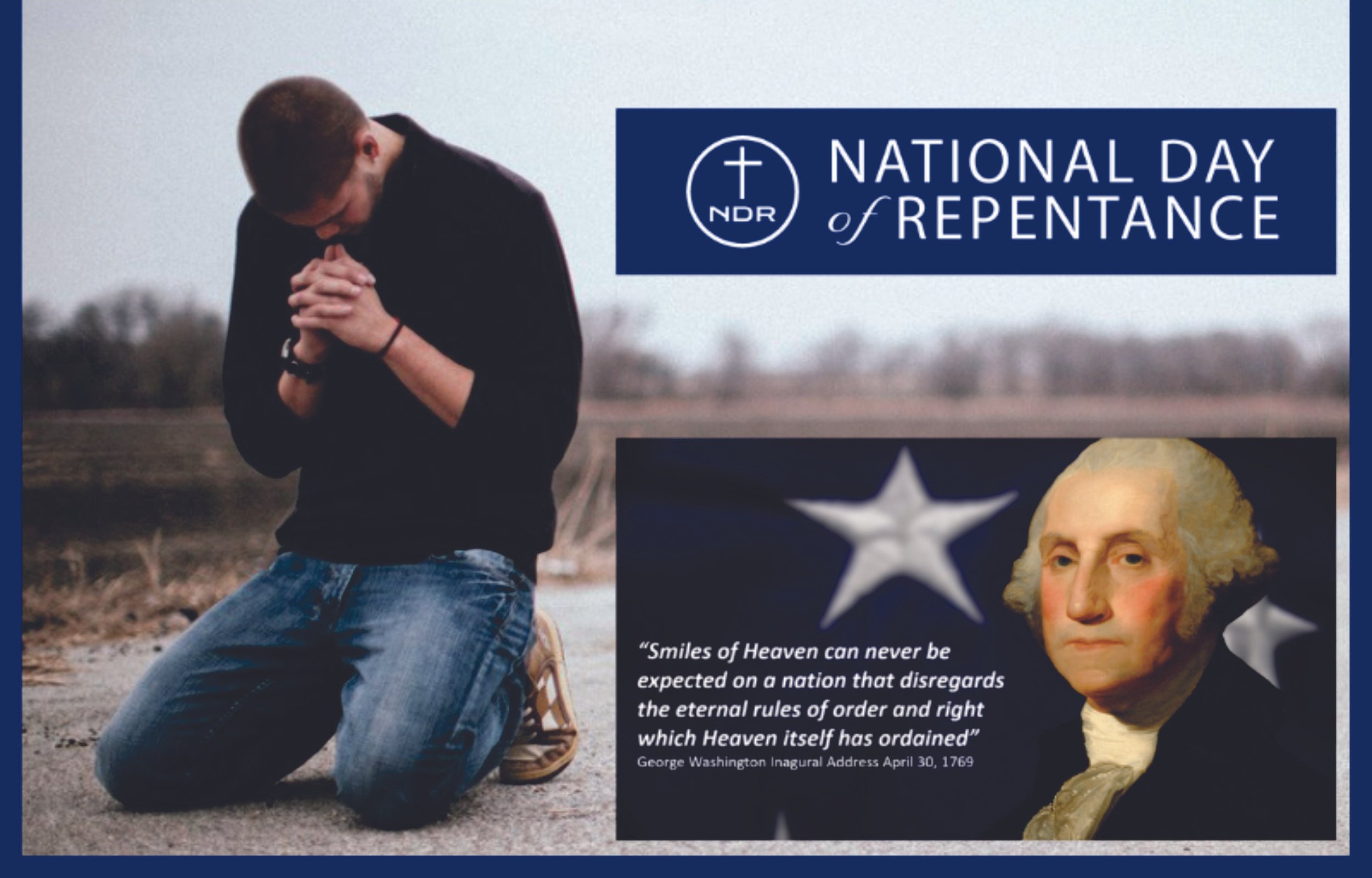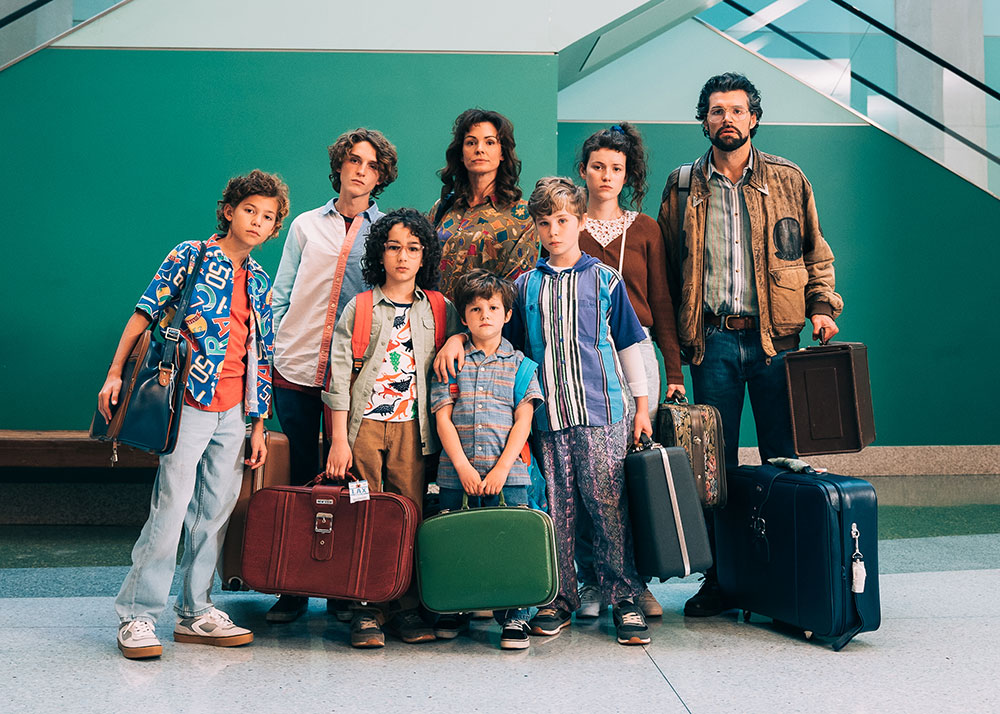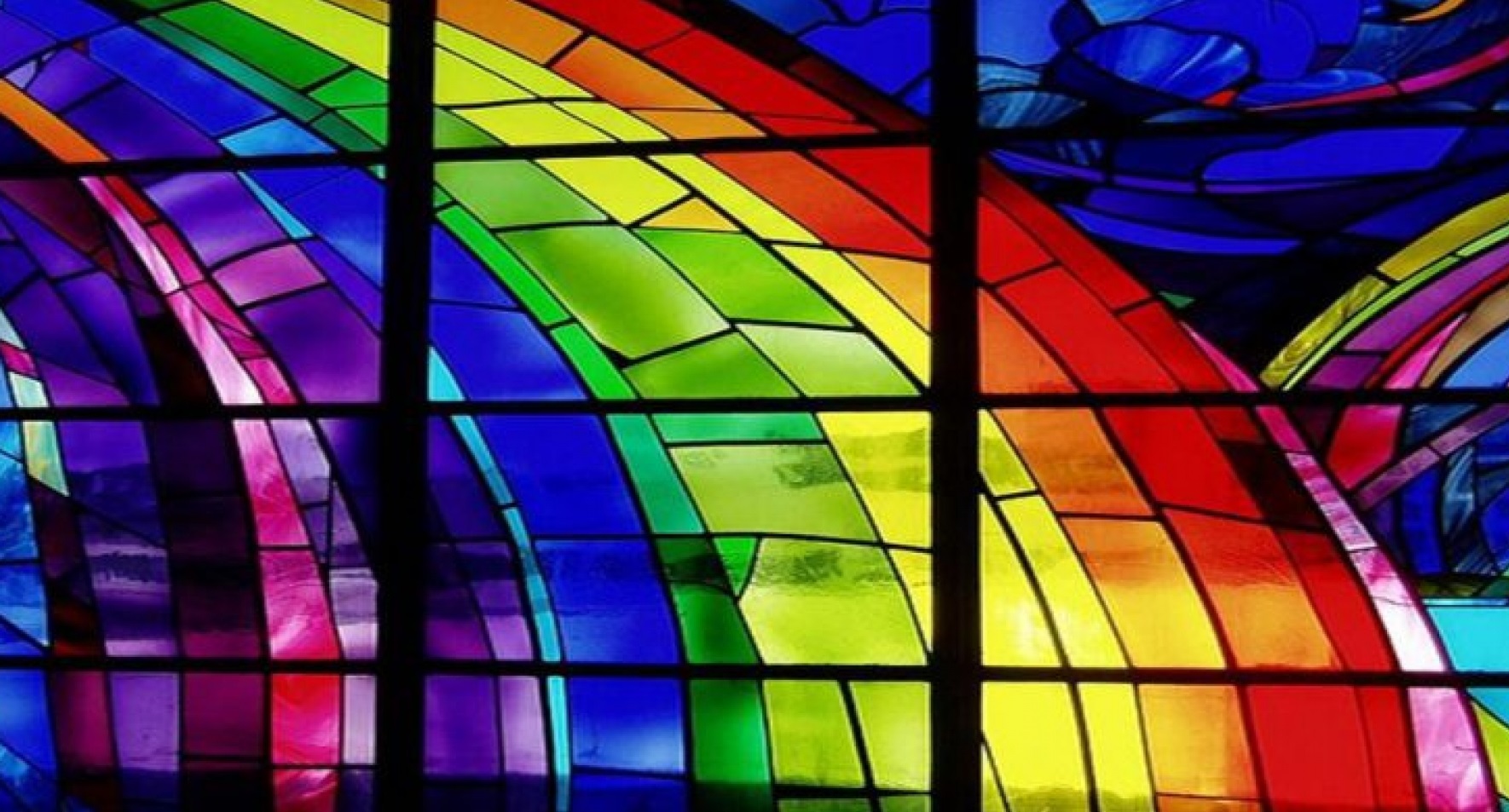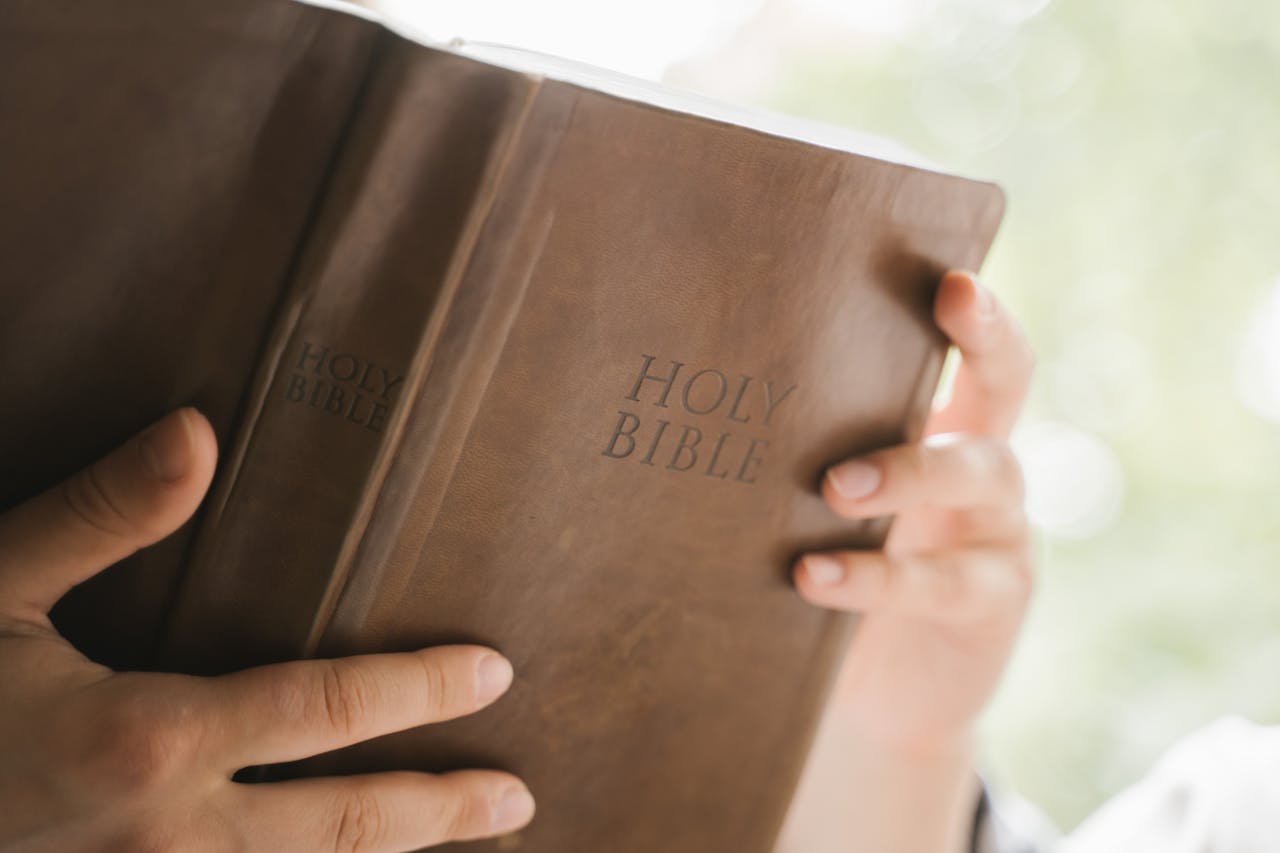
Fires of Judgement?
I have a friend who lost his wife and all his children in Victoria’s Black Saturday bushfires. He is a committed Christian who spent much of his time working with and supporting Christian organisations. He was against the anti-life social policies that were emerging in his state. But he lost his whole family. Burned alive.
Perhaps by now the dust has begun to settle a little on the manufactured fallout from Israel Folau’s comments on the judgement of God in our current droughts and fires. I note the recent article by Mark Powell titled “Why Israel Folau is Right about Disasters and the Judgment of God” and the responses. But in view of my friend’s and others’ experiences, I would like to make a few suggestions for further thought.
My friend who lost his wife and his children has come to grips with his loss. What remains for us is to construct a view of the character and judgement of God that embraces both my friend’s loss and the equally tragic loss of many unbelievers.
Are we suggesting that while dispensing His judgement upon unbelieving Victorians for their stand on abortion and other deplorable social policies, God fumbled the ball and accidentally included a family that stood against these things publicly and in private?
Was his family ‘collateral damage’? Did God perhaps overlook the fact that this family already received redemption and reconciliation in Christ, saved from wrath and judgement?
If the position set out by Rev. Powell and affirmed by readers is accurate, it shows that reconciliation with God on the basis of Christ makes no difference as to whether or not we fall under His judgement and wrath here and now.
Saved in eternity, yes! But every bit as liable to the consequences of His wrath and judgement here on earth as those who reject Him? Indeed, that view suggests His wrath to be utterly without discrimination.
What would you say about wrath, judgement, bushfires if you were sitting in the living room with my friend? Or to an unbeliever who points this out? We need to think about this.
What of the Newcastle earthquake, Pompeii, the Indonesian tsunami, the Titanic, the 50 to 100 million people who died in the flu pandemic of 1918-1920 — Christians have died in all such events.
Does being reconciled to God make no difference in terms of wrath and judgement poured out upon us? That’s where the logic takes us. And we need a better explanation than that.
I am urging that we work to construct a biblical narrative that enables people to see that reconciliation with God through Christ does make a difference in regard to His wrath and judgement.
We must take care if what is being intimated to a bewildered world is that God causes His wrath and judgement to fall indiscriminately on those who know Christ as well as on those outside of Christ. On those who voted for and those who voted against same-sex marriage, to use an example.
This is not a discussion about eternal judgement. It concerns the attribution of fires and droughts to the wrath and judgement of God here and now. That is what is at issue.
It is often the case that in pursuing the disaster-judgement line thinking, reference is made to the prophets of Israel. It is extremely important to recognise who God was speaking to through these prophets and what His reasons were for speaking thus. With few exceptions, His words were directed at His people. Even the Apostle Peter says in the New Testament, “For it is time for judgment to begin with God’s household…”
God’s judgements were threatened upon His people for their failure to live up to the conditions of the covenant. Notably, they refused to walk in the ways of neighbourliness — caring for widows and orphans, care for the poor and the aliens — that were required under the covenant. On this the prophets speak volumes.
God was speaking to His covenant people, not primarily attempting the reform of Egypt, Assyria, Babylon and so on. Therefore, through the prophets, He is speaking to us, His new covenant people.
Yes, there were comments made against those other nations, but the overwhelming focus and function of the prophets was to call God’s people to repentance. The eternal consequences of our failures have, for us, been dealt with in Christ.
We are free from condemnation. But the character of God has not changed, and we are called, as Jesus said, to let our deeds be so visible that people see and give glory to God.
If we are going to look to the prophets, we need to be careful in our reading and application. We need to allow them to comment on our works and lives, rather than using them to find fault with people to whom they were not primarily intended.
I would further urge that we learn to delineate between life in a world under Eden’s curse and the specific interventionist judgement of God, just as we would delineate between the common grace of God and the specific grace of God in redemption and salvation. Without such delineation we create a difficulty bordering on absurdity. Christians die in natural disasters because natural disasters are part of the curse upon a sinful world. Unbelievers also die in natural disasters. This began in Eden, not in modern social legislation.
As Scripture points out, all creation is groaning under the curse, and we also live here, in that groaning world. The difference is that we live — and die — in hope. A hope secured for us by Christ being substituted for us as the recipient of the wrath and judgement of God for sin. In our place.
We continue to live side by side with unbelievers in a world that is restless in its damaged state: fires, floods, tornados, earthquakes, volcanoes. Our certainty is that, because of Jesus, one day God will wipe away all our tears. There will be no more pain or sorrow or death. His death — our life… eternally.
And so we too, like my friend above, share in the grief of a broken world. The light that pierces that darkness is our hope. That is our witness. Not any moral prescience that sees us declare which sins of theirs have merited which natural disaster.
In Paul’s description of a sinful world in Romans 1, which of the sins would you single out as being responsible for the Christchurch earthquakes, or the loss of life in the North Indian floods… or the tree branch that fell on a single Sydney schoolgirl in 2014 and killed her. A terrible, natural disaster! Perhaps she was disobedient to her parents as in Paul’s list in Romans 1? Is that our message?
As Christians we long for reasons, as does everyone. But God cannot be reduced to a predictable cause-and-effect machine, as Job’s friends found out to their detriment. They ran with that line of thinking: where there is disaster there is sin. And God slammed them for it. [see video below]
Sovereignty does not necessarily mean micro-management as we understand it. God acts and God allows — these things are a mystery for us. To seek specific issues for blame among unbelievers or to suggest that we know God’s specific micro-management intentions for any or every situation is, well, arrogant.
The planet is in its post-Fall condition, corrupted by our rebellion against God. Humans are inherently corrupted. These things persist. One day, but not yet, all will be made new.
Until then, God’s work in the world cannot be ascribed to simple equations, a ‘this-produces-that’ theology. As you read through the Old Testament and the New, and as you plot His work throughout human and church history, you will see that any attempt to contain His sovereign will within the bounds of our human understanding fails miserably. In doing so, we caricature Him.
Sodom and Gomorrah are no more typical of all unbelieving cities than are Ananias and Sapphira typical of all believers who lie. (Thankfully!)
I would urge that we work on constructing a narrative that encompasses both redemptive freedom from judgement in Christ, and the deaths of God’s people alongside unbelievers in natural disasters throughout history.
Knowing, of course, that God’s ways are usually beyond our capacity for certainty. His specific intention in any situation may well be beyond us. Our one great certainty is that the God about whom we speak, ‘so loved the world that He gave His one and only Son, that whoever believes in Him shall not perish but have eternal life.’ (John 3:16) This must underpin a deeply compassionate and humble presentation of God to a lost world, that they might seek Him and find Him.
___
Photo: Pixabay
6 Comments
Leave A Comment Cancel reply
Recent Articles:
19 April 2024
1.9 MINS
“Unsung Hero” tells the story of the Australian family that risked it all, and grew not one, but two Grammy Award-winning artists: Rebecca St. James and for KING + COUNTRY.
19 April 2024
5 MINS
Liberal Senator and Shadow Attorney–General Michaelia Cash has called out the Government’s “farcical handling” of religious discrimination.
19 April 2024
4 MINS
How can we, individually and as a nation, protect ourselves from the insidious invasion of termites in our government, media and other aspects of our society?
19 April 2024
6 MINS
“Pride” or “Gay-Affirming” Masses are unfortunately becoming quite commonplace, as the Church in Australia drifts further down the path of decline. The context of the "queer" Mass was particularly grievous because it had been promoted as an official event of Melbourne’s LGBTIQ+ Midsumma festival.
18 April 2024
2.3 MINS
With the Federal Government intending to drastically restrict Christian freedom, it’s time to make a stand for it – and indeed for the freedom of all.
18 April 2024
6 MINS
We have a new term – or at least a new way an old term is being used: "influencer". The truth is, we are all influenced by others, and we all have an influence on others. This can be for good or ill. Let me consider each in turn.








































Great article by this author showing great biblical insight and wisdom for us in these difficult days for our nation. Thank you
Thank you Ray very good.
This is an important subject and needs more understanding. Thsnks for article. Lamentations works to this theme too. I noticed the distressed author eventually spills his guts to God and hears three words whispered to his soul.
Currently reading Augustine’s Cog all about this in context of Rome.
This article very timely and very clear from the scriptures. The writer puts everything into perspective with great wisdom and spiritual insight! Thank you!
[…] to point out that we shouldn’t simply assume that people affected by natural disasters are under God’s judgment. Nevertheless, Jesus did point to such disasters as God’s call for us to return to Him. This is a […]
Hi Ray,
Could you email me. I’d like to get in touch. We’re among believers who gather in houses and parks around the Lord, and also a meal. No name, no government registration.
In Queensland.
Thank you.
afwales@hotmail.com